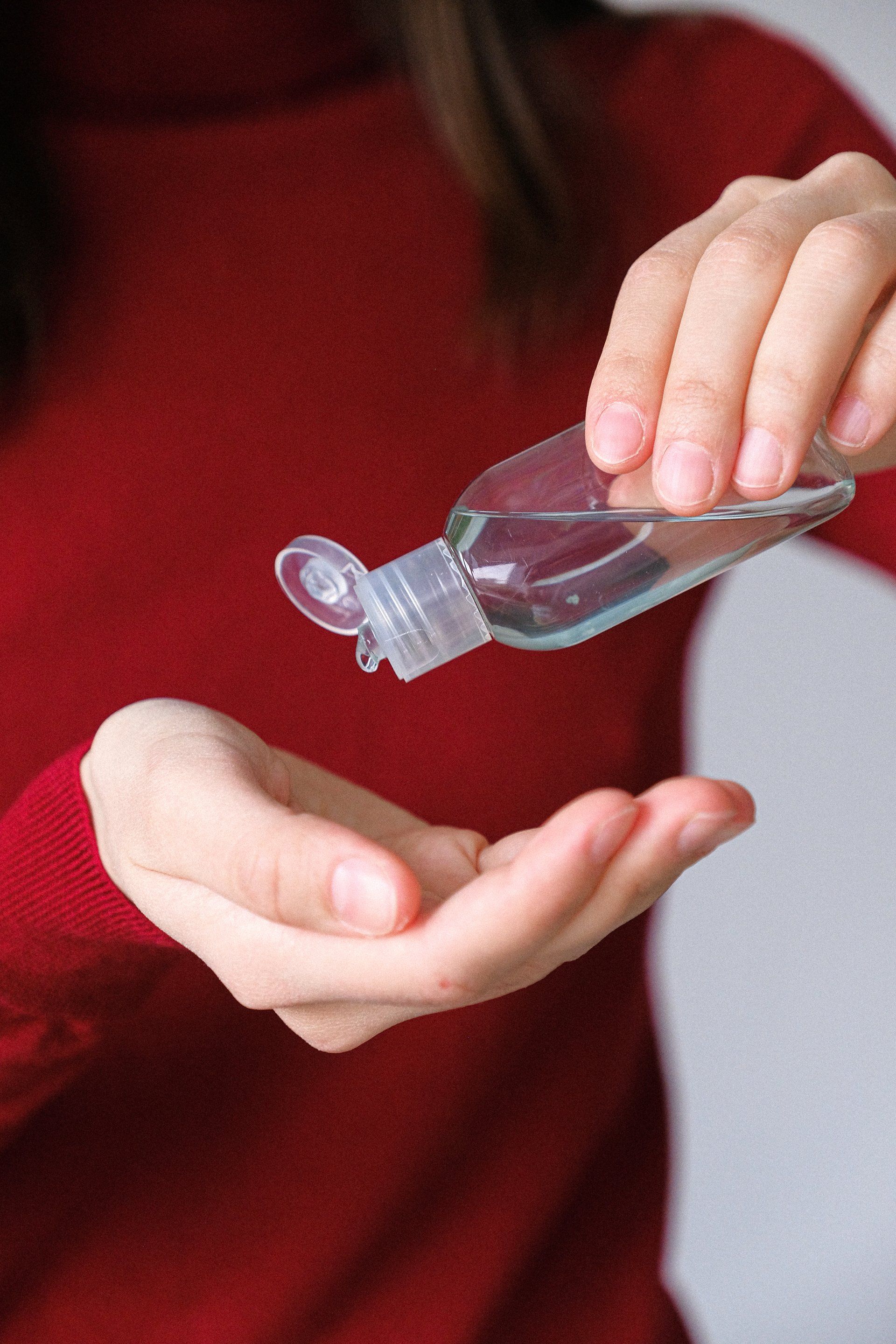
Distilleries and breweries across the country are chipping in to fight the spread of the novel coronavirus (COVID-19) by modifying their production to begin manufacturing and bottling alcohol based hand sanitizer.
While such efforts are greatly assisting in the supply shortages of critical sanitizing goods, could they run afoul of federal regulations?
On March 18, 2020, the Acting Administrator of the Alcohol and Tobacco Tax and Trade Bureau (TTB) issued guidance in TTB G 2020-1, “Production of Hand Sanitizer to Address the COVID-19 Pandemic.” The administrator found that it is necessary or desirable to waive provisions of internal revenue law with regard to distilled spirits, and therefore provided certain exemptions and authorizations to distilled spirits permittees who wished to produce ethanol-based hand sanitizers to address the demands for such products during the emergency. As a result, any existing DSP therefore could immediately commence production of hand sanitizer or distilled spirits (ethanol) for use in hand sanitizer, with restrictions, without having to obtain authorization first. These measures are generally authorized under authorities that apply in disaster situations, and as a result, are initially approved through June 30, 2020, with the possibility for extension as necessary.
Distilleries, and even some breweries, have relied on this guidance from the TTP to immediately modify production to manufacture hand sanitizer with formulas previously approved by the World Health Organization, thus greatly assisting in the constrains in national demand for hand sanitizer product.
Unfortunately, the guidance issued by the TTB was not universally adopted by every federal agency and there have been recent reports of the Food and Drug Administration going after distillers who have stepped up to manufacture hand sanitizer products. The FDA argues that the WHO guidelines for production did not include denatonium benzoate or denatonium saccharide. This are bitterants used as aversive agents to prevent inappropriate ingestion.
The conflict remains without firm resolution. The contradiction between the position of these two federal agencies spotlights the need for comprehensive regulatory review when rolling out a modified product into the stream of commerce. Even the best of intentions in a constricted time frame needs a measured approach, especially in such highly regulatory industries.


